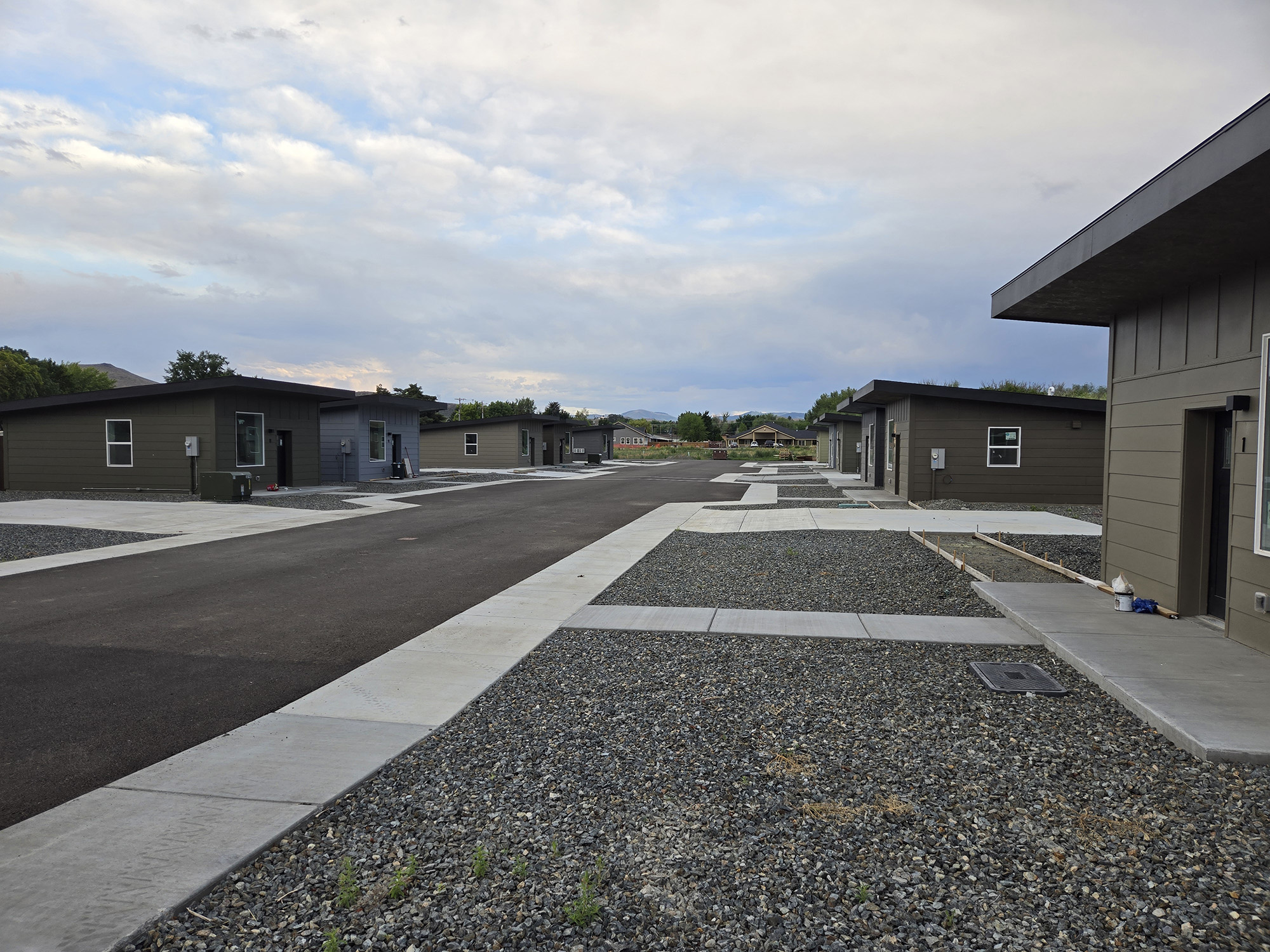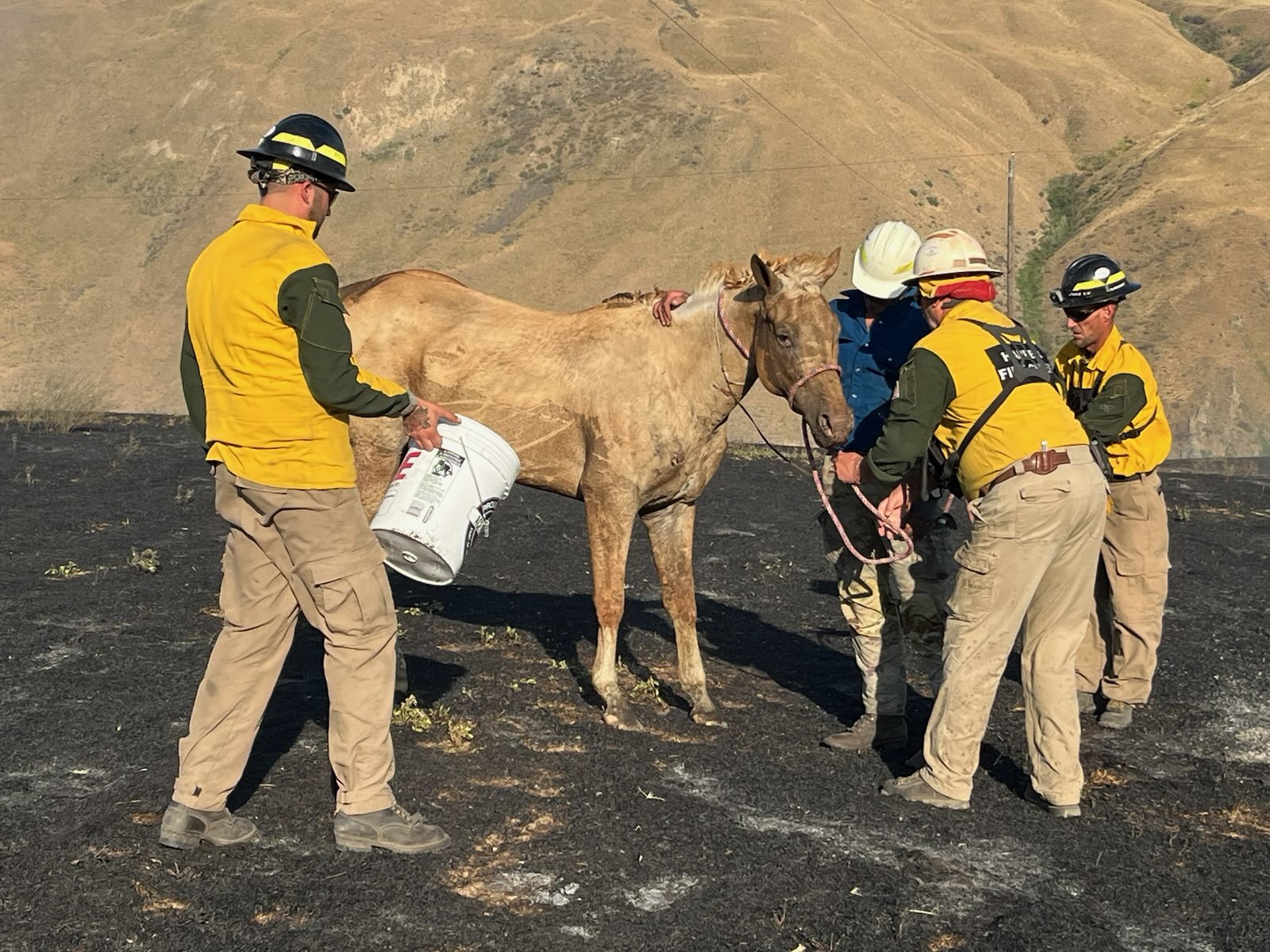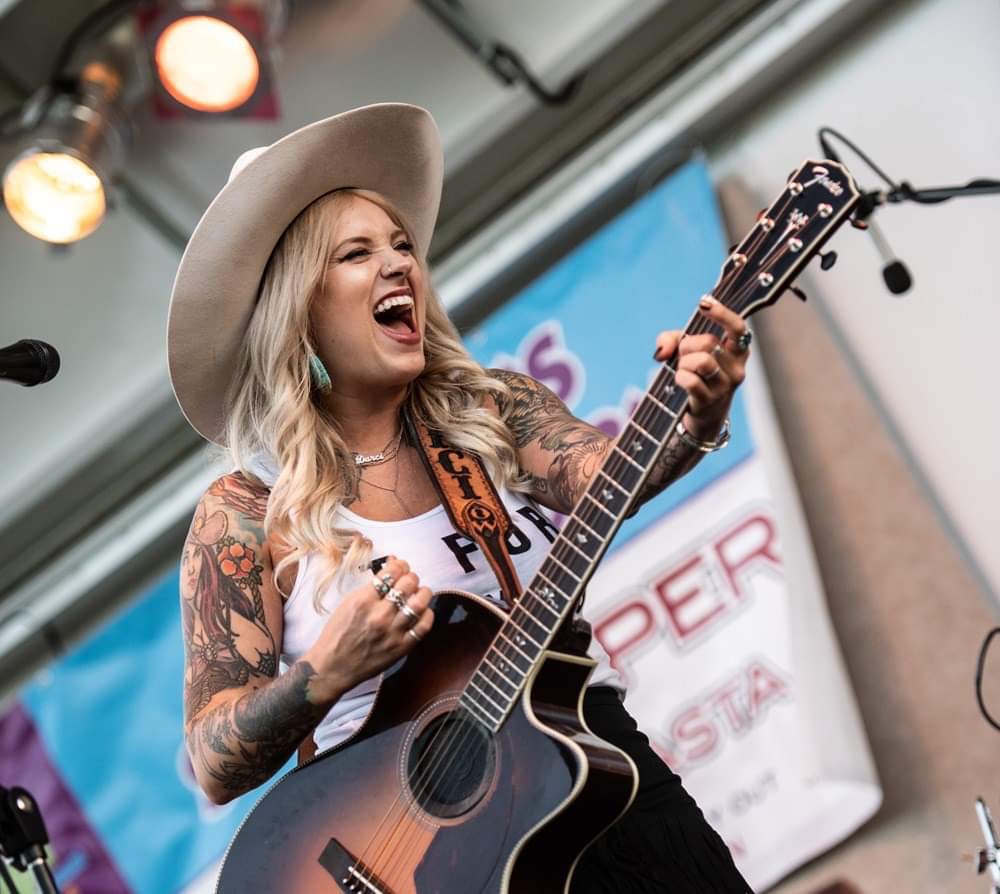COLUMN: Pandemic’s potential for permanent effects
Published 8:30 am Saturday, September 26, 2020
The pandemic has wrought such havoc on society that it’s hardly unreasonable to wonder whether life will ever seem quite the same, at least for those who have lived through it and were old enough to form memories from this strangest of years.
Trending
The instinctive answer, it seems to me, is no.
Which is to say that 2020 will leave indelible scars, as stubbornly resistant as the scrawls on a wall made by a toddler who gets hold of a permanent marker.
The year certainly seems like a milestone.
Trending
The key word is “year.”
COVID-19 is not a singular event comparable to the terrorist attacks of Sept. 11, 2001, the moon landing on July 20, 1969, or the assassination of President John F. Kennedy on Nov. 22, 1963.
That trio defines the notion of the “where were you when it happened?” question, at least for the past several generations.
But none of those comparatively brief episodes imposed such sweeping effects on our everyday lives as the pandemic has done over these past months.
If you don’t frequently fly on commercial airlines — and most of us don’t — then it’s not likely that 9/11 dramatically altered your routine.
I don’t mean to minimize the aftermath of that awful September day.
Almost 3,000 people died.
And thousands of American military members were killed later as a result of our response to the attacks. Many others still bear the scars of their service, both physical and psychological.
But those effects, though tragic, are still confined to a relatively small group.
COVID-19’s reach has been so much wider, insinuating itself into almost everyone’s life, and often in profound ways.
Many activities so common we hardly thought of them in any deep way now seem strange.
To accomplish a task as prosaic as buying a gallon of milk we have to don a mask and follow arrows taped to grocery store aisles.
We scuttle around when we’re in public, lest we get too close to someone and potentially offend with our exhalations.
These peculiarities, and many others of a similar nature, are not likely to persist, I think.
I’m confident we will conquer the coronavirus in much the same way that we have done with so many other once common communicable diseases.
I don’t expect that years from now — or even, I hope, months — we’ll still be wearing masks most days and avoiding parties and other gatherings that once brightened the humdrum span of our days.
And although it might take many years, or even a generation, before society treats COVID-19 much as we now do the seasonal flu — an infection we try to avoid but to which we do not ascribe a malevolence it does not deserve — I believe we will eventually get there.
But about other changes that the pandemic has provoked, and whether their relevance will also gradually dissipate, I am less certain.
Working from home is hardly a new concept, of course.
Yet what we once called “telecommuting” has in 2020 become, for many types of businesses, the dominant form rather than the outlier.
And since it seems likely that technology will in the future make this transition easier rather than more difficult, I wonder whether the shift to home offices will, to a large extent, continue even after the pandemic and its precautions have ceased.
Education could have a similar future.
Online classes, from the elementary level to college, also were an option before COVID-19.
But it seems to me likely that our current experiment with mandatory “comprehensive distance learning” will persuade some parents of younger students, and college students themselves, to stay with it even when traditional classes resume.
(I encase “comprehensive distance learning” in quotation marks, the scarlet letter of punctuation, because “comprehensive” in this context is a word to warm the cold heart of a propagandist, for whom the way to sweeten the ersatz is to glaze it with a glistening adjective.)
In the eternal contest between convenience and quality, only a fool would bet on the latter. Among other examples, this explains in part why there are an awful lot more McDonald’s than there are steakhouses.
I’m not a sociologist — it’s a subject I managed to avoid even in college, where it’s ubiquitous on undergraduate transcripts — but I suspect that the pandemic, by keeping so many of us isolated in our homes or limiting our interactions to a small group of friends or relatives, has created a pent up demand for immersing ourselves in crowds.
I greatly hope that soon theaters and sports stadiums will again teem with humanity, that when we go to a restaurant we will have to nearly shout to compete with the din of a dozen conversations.
COVID-19 has taken so much from us.
We have lost irreplaceable moments with those we love.
Many have lost their livelihoods.
Immeasurably worse, many have lost their lives.
But the tragedy would be greater yet if we allowed the virus to forever rob us of our sense of community, the unique joy that comes from being together.
Jayson Jacoby is editor of the Baker City Herald.









